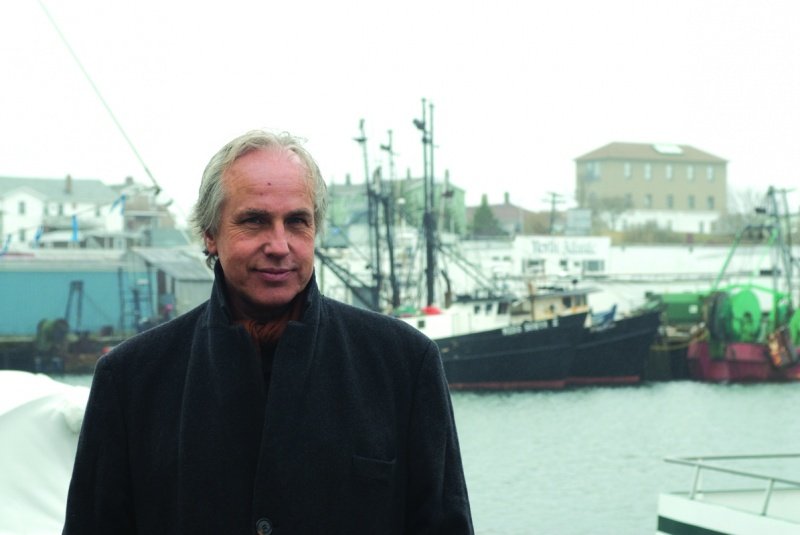Introduction to Volume 7
The crocuses have opened and the forsythia strike the eye like lightning shooting from the earth. In a couple of days, the magnolias on Commonwealth Avenue will open only to be blown off their branches by a late March snowstorm. So the warmest winter on record marks our transition to ever-bewildering spring.
We watch it all from behind glass, maintaining social distance not only from each other but from the natural world as well. Here in Medford, public parks have been closed. The streets are quiet. Everyone’s waiting...
It’s not clear to anyone what we’re waiting for. The corona virus continues to spread like a rumor — part of its sinister power lies in the distance between the present-tense invisibility of its effects and the threat we understand it poses tomorrow, or the day after. Too much of the reality of the virus is already shrouded in the predictable metaphors — war, menace — designed to scare us into behaving appropriately. And we are wise to be cautious — though we shouldn’t need to be scared into wisdom.
But the curtailing of so many normal activities leaves idle minds with perhaps too much time for speculation. One hears from many sources that the world we will meet on the other side of this will be radically different from the one we inhabit today. One wonders how. Already the effects of the pandemic, still in its early stages in much of the West, are taking a toll both on New York City and on the denizens of refugee camps on our borders and worldwide. The camps themselves have for years stood as a steady rebuke to the self-absorption, decadence, and corruption of so-called first-world powers which have allowed them to flourish in the shadows of the our gilded age. Will the corona virus pandemic lead to a recognition of universal interdependence, and the need for international cooperation, or will power and money continue their consolidations and further destabilize our lives?
These are some of the questions our writers will explore in our next special issue. But there were other things on their mind before the virus went viral.
Askold Melnyczuk’s book of stories, The Man Who Would Not Bow, appeared in 2021. His four novels have variously been named a New York Times Notable, an LA Times Best Books of the Year, and an Editor’s Choice by the American Library Association’s Booklist. He is also co-editor of From Three Worlds, an anthology of Ukrainian Writers. His published translations include work by Oksana Zabuzhko, Marjana Savka, Bohdan Boychuk, Ivan Drach, and Skovoroda. His shorter work, including essays, stories, and reviews, have appeared in The Paris Review, The New York Times, The Missouri Review, The Times Literary Supplement (London), The Los Angeles Times, The Harvard Review and elsewhere. He’s received a three-year Lila Wallace-Readers’ Digest Award in Fiction, the McGinnis Award in Fiction, and the George Garret Award from AWP for his contributions to the literary community. As founding editor of Agni he received PEN’s Magid Award for creating “one of America’s, and the world’s, leading literary journals.” Founding editor of Arrowsmith Press, he has taught at Boston University, Harvard, Bennington College and currently teaches at the University of Massachusetts Boston. Most recently he has been organizing readings in support of writers in Ukraine, as well as interviewing writers for his For the Record series which appears online at Agni Online (https://agnionline.bu.edu/blog/for-the-record-conversations- with-ukrainian-writers/), as well as on Arrowsmith Press’s website.


